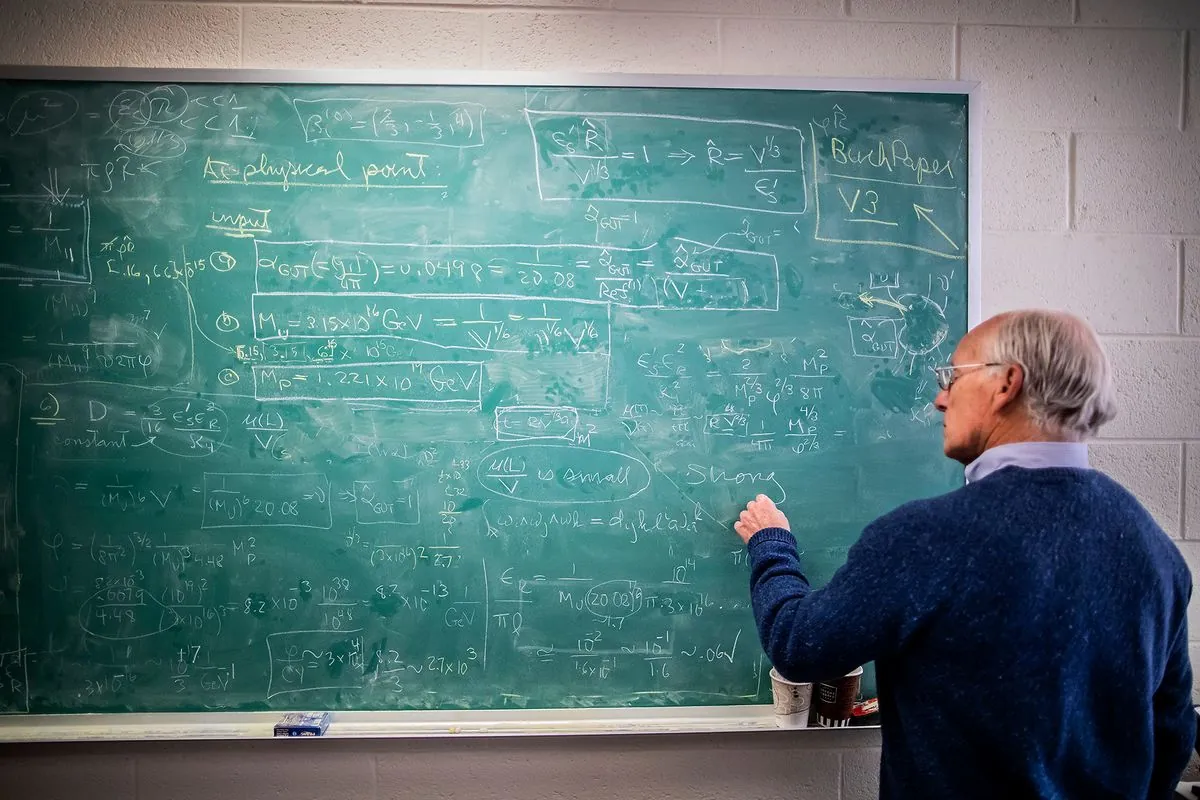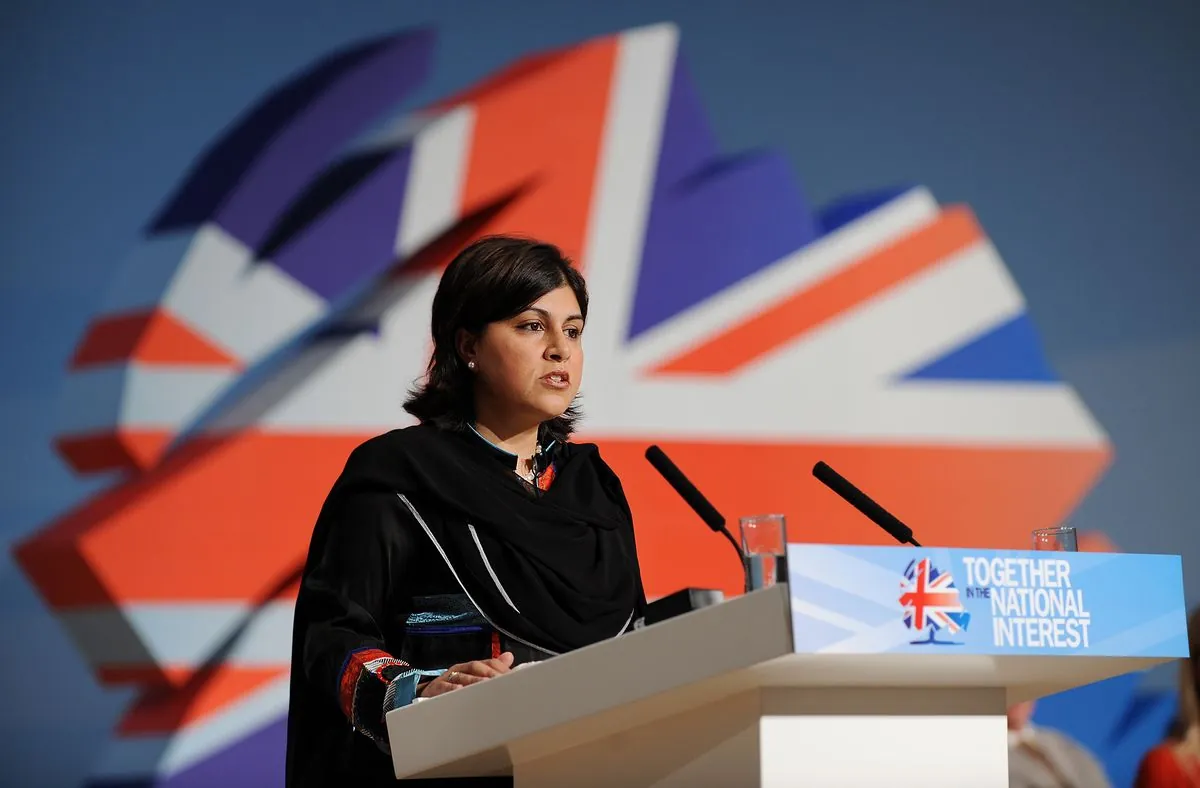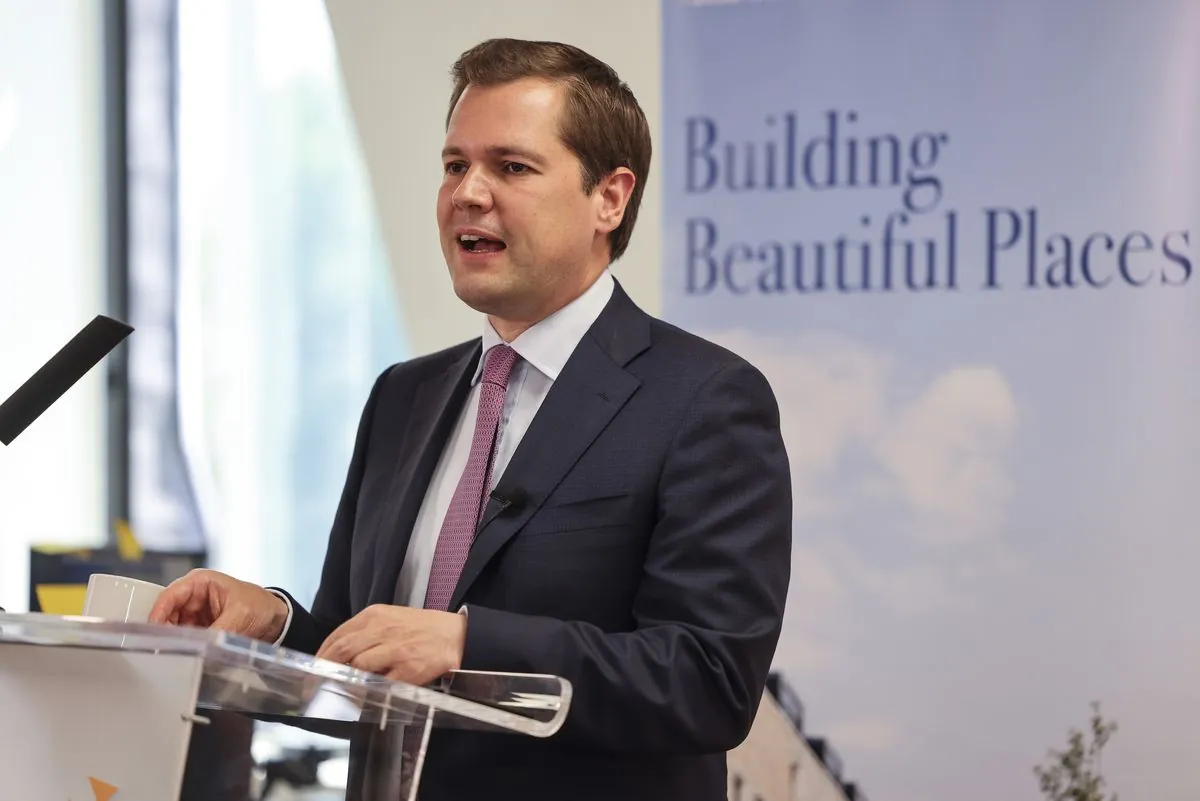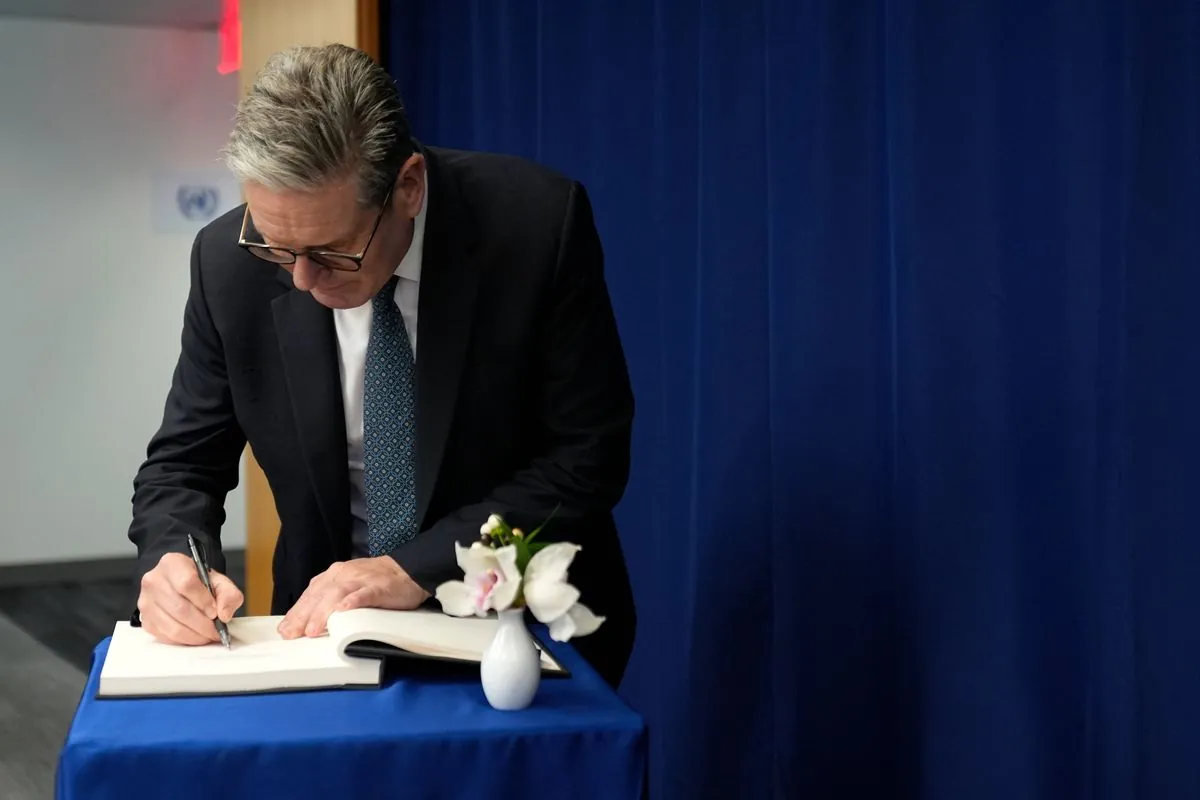UK Government Scraps National Maths Academy Plan, Sparking Academic Concern
The UK government has cancelled plans for a national maths academy, disappointing academics. The initiative, championed by former PM Rishi Sunak, aimed to boost numeracy and prepare workers for AI and data science jobs.

The UK government has abandoned plans for a national mathematics academy, a decision that has sparked disappointment among academics. This initiative, originally championed by Rishi Sunak during his tenure as Prime Minister, was intended to elevate numeracy to the same level of importance as literacy and prepare the workforce for careers in artificial intelligence, data science, and computing.
The Department for Science, Innovation and Technology (DSIT) announced the cancellation of the project on September 26, 2024, despite having already received applications from various organizations. This move has raised concerns among mathematicians and educators about the future of mathematical education and research in the UK.
Prof Jens Marklof, president of the London Mathematical Society and spokesperson for the Campaign for Mathematical Sciences, expressed his disappointment:
"The decision to cancel funding for the Academy for the Mathematical Sciences is very disappointing. Funding for the Academy could be a huge driver of economic growth by improving the flow of mathematical analysis, cutting-edge research and technological innovation into policymaking."
The proposed academy would have joined the ranks of the UK's four existing national academies: The Academy of Medical Sciences, The British Academy, the Royal Academy of Engineering, and the Royal Society. These institutions have long played crucial roles in advancing their respective fields and providing expert advice to the government and industry.
The cancellation comes at a time when the UK is striving to improve its mathematical proficiency. Despite rising 10 places in international league tables since 2009, the country still faces significant challenges. More than eight million adults in Britain have numeracy skills below those expected of a nine-year-old, and approximately one-third of young people fail GCSE maths.

The government's decision to withdraw funding for the maths academy has raised concerns about the future of mathematical education and research in the UK. Academics have warned about the formation of "maths deserts" at British universities due to budget cuts, potentially limiting opportunities for aspiring maths teachers to study the subject beyond A-levels in their regions.
During the COVID-19 pandemic, the UK government relied heavily on mathematical modeling from institutions such as Imperial College and the University of Bristol. The proposed academy was expected to provide a centralized source of expert advice on mathematics to the government and industry, helping to shape policy and drive innovations that could contribute to the country's health and wealth.
In response to the cancellation, a government spokesperson stated that they are exploring alternative ways to support the mathematical sciences sector without incurring the time and expense required to establish a new organization. The government has expressed interest in working with the sector to develop Skills England, a new body announced by Keir Starmer in July 2024.
As the UK aims to become a global AI superpower by 2030 and with its AI sector already contributing £3.7 billion to the economy annually, the decision to cancel the maths academy has left many questioning the government's commitment to fostering the mathematical skills necessary for future innovation and economic growth.


































